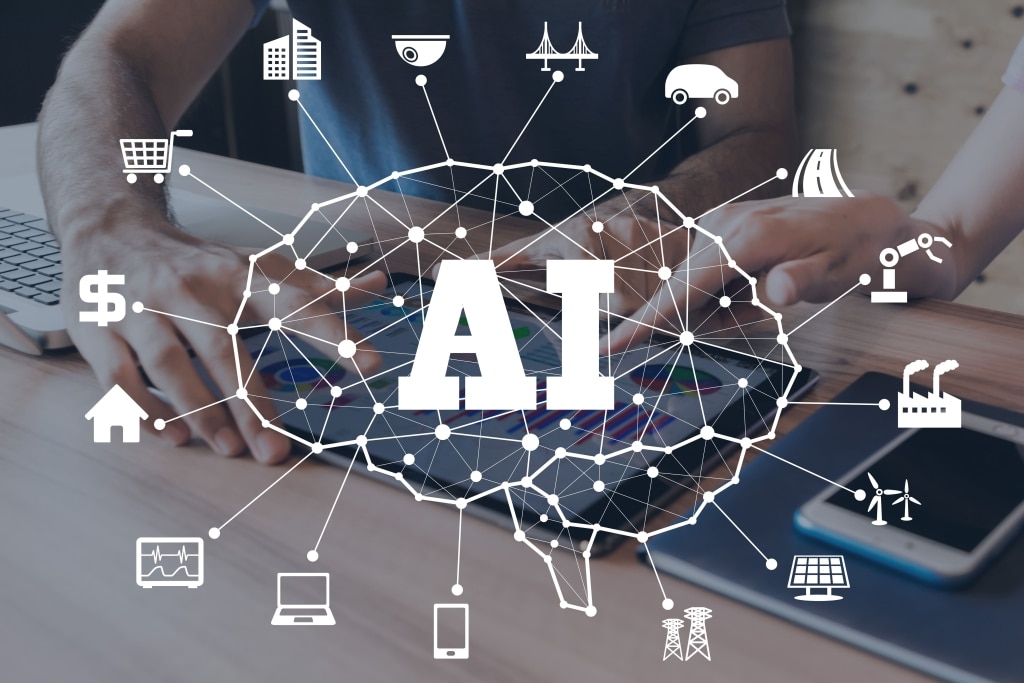
Artificial Intelligence (AI) is no longer a futuristic concept; it’s a present reality that’s transforming the marketing landscape. From personalizing customer experiences to optimizing advertising strategies, AI is reshaping how businesses connect with their audiences. But what does this mean for marketers, businesses, and consumers? Let’s delve into the profound impact of AI on marketing and its implications for all stakeholders.
The Integration of AI in Marketing
AI’s integration into marketing strategies has ushered in a new era of efficiency and precision. Key developments include:
- Personalized Customer Experiences
Today’s consumers expect tailored interactions. AI analyzes user data to predict preferences and behaviors, enabling businesses to deliver personalized content, product recommendations, and targeted promotions. This level of customization enhances customer satisfaction and loyalty.
- Enhanced Content Creation
AI-powered tools assist marketers in generating relevant content by analyzing trending topics and audience interests. This ensures that the content resonates with the target audience, increasing engagement and conversion rates.
- Predictive Analytics
AI’s ability to process vast datasets allows marketers to forecast future trends and consumer behaviors. Predictive analytics facilitate proactive decision-making, from inventory management to campaign planning, ensuring resources are allocated effectively.
- Intelligent Customer Support
AI-driven chatbots provide instant customer support, handling inquiries and resolving issues around the clock. This not only improves customer satisfaction but also frees up human agents to focus on more complex tasks.
- Optimized Advertising
AI automates the process of buying ads, targeting specific audiences with precision. Programmatic advertising uses AI to bid on ad spaces in real-time, ensuring ads reach the most relevant viewers, thereby maximizing return on investment.
Implications for Marketers
The rise of AI presents both opportunities and challenges for marketers:
Skill Development: Marketers must adapt by acquiring skills in data analysis and AI tool management to stay relevant in the evolving landscape.
Ethical Considerations: With AI’s reliance on data, ethical concerns regarding privacy and data security have become paramount. Marketers must navigate these issues responsibly to maintain consumer trust.
Strategic Focus: As AI handles routine tasks, marketers can dedicate more time to strategic planning and creative endeavors, driving innovation within their organizations.
Impact on Businesses and Consumers
For Businesses: AI offers enhanced operational efficiency, cost reductions, and the ability to scale personalized marketing efforts, leading to increased competitiveness.
For Consumers: AI delivers more relevant and timely content, products, and services, enhancing the overall customer experience and satisfaction.
The Future of AI in Marketing
As AI technology continues to evolve, its role in marketing is set to expand further. Emerging applications such as voice-activated searches, AI-generated content, and advanced consumer insights will become commonplace. Marketers who embrace these advancements will be better positioned to meet the dynamic needs of their audiences.
Conclusion
AI is revolutionizing the marketing industry by enabling more personalized, efficient, and data-driven strategies. While challenges exist, the benefits for businesses and consumers are substantial. Embracing AI’s potential will be crucial for marketers aiming to thrive in this new landscape.
By integrating AI thoughtfully, we can create more meaningful connections with our audiences, driving growth and innovation in the marketing sphere.


